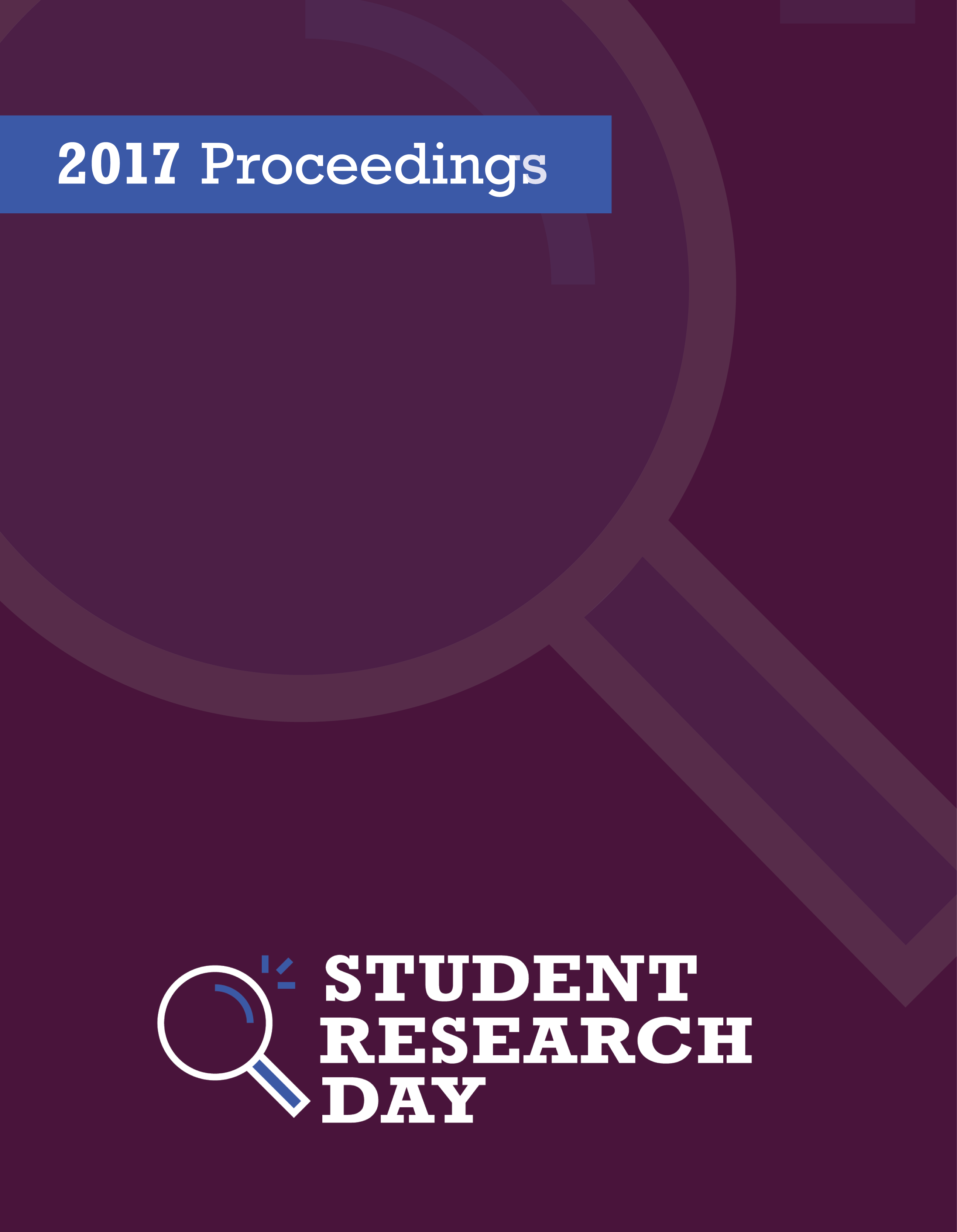Do Metacognitions Account for the Relationship between Chronic Pain and Health Anxiety?
Abstract
Research has shown that individuals with chronic pain experience higher levels of health anxiety (HA), which contributes to disability. The aim of the current study was to examine if metacognitive beliefs may account for the relationship between chronic pain and HA. University students with chronic or recurring pain (n = 191), or without pain (n = 173), completed the Chronic Pain Grade Scale (CPGS), Short Health Anxiety Inventory, and Metacognitions about Health Questionnaire. In the pain sample, bivariate correlations revealed that HA significantly correlated with CPGS pain disability, but not with CPGS pain intensity. Partial correlations controlling for metacognitive beliefs found that the relationship between HA and disability was no longer significant. In the non-pain sample, bivariate correlations revealed that HA significantly correlated with both disability and intensity. Again, partial correlations revealed that the relationship between HA and disability was no longer significant when controlling for metacognitions. Regression analyses were conducted to examine the unique contributions of metacognitive beliefs. The belief that thoughts are uncontrollable significantly accounted for the relationship between pain disability and HA in both the pain and non-pain sample. Beliefs about biased thinking accounted for the relationship between pain disability and HA in only the pain sample. Metacognitions appear to contribute to the relationship between chronic pain and HA. Future research could more specifically examine beliefs about the uncontrollability of thoughts in the relationship between pain and HA, and may want to further examine beliefs about biased thinking in the relationship between chronic pain and HA.
Discipline: Psychology Honours
Faculty Mentor: Dr. Alexander Penney
References
Published
Issue
Section
License
Authors retain any and all existing copyright to works contributed to these proceedings.



